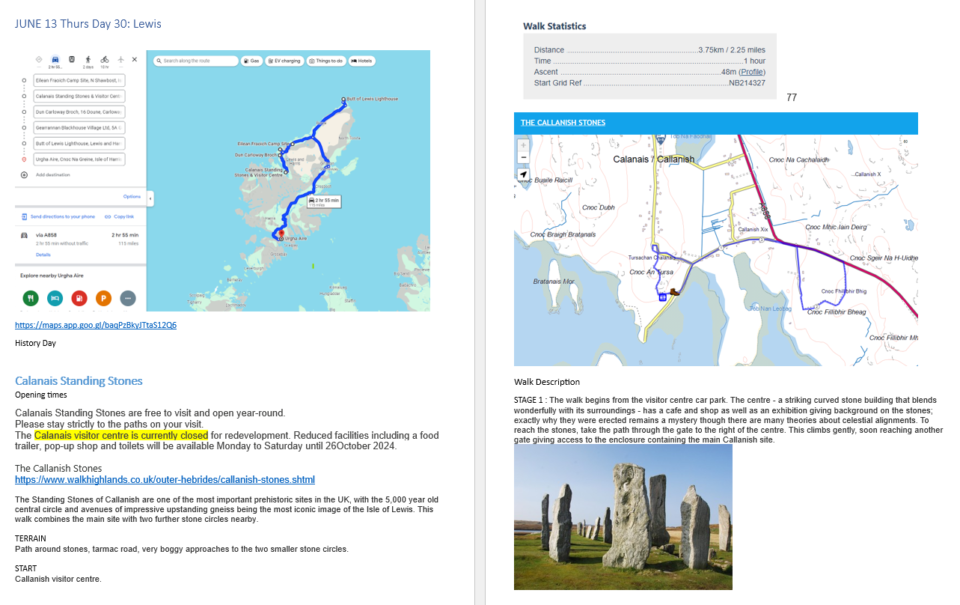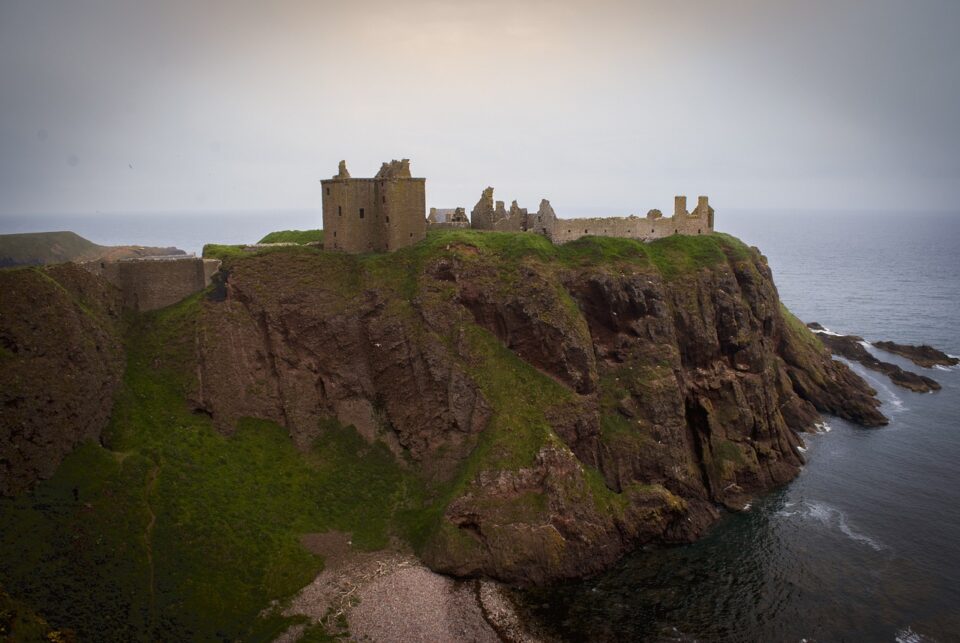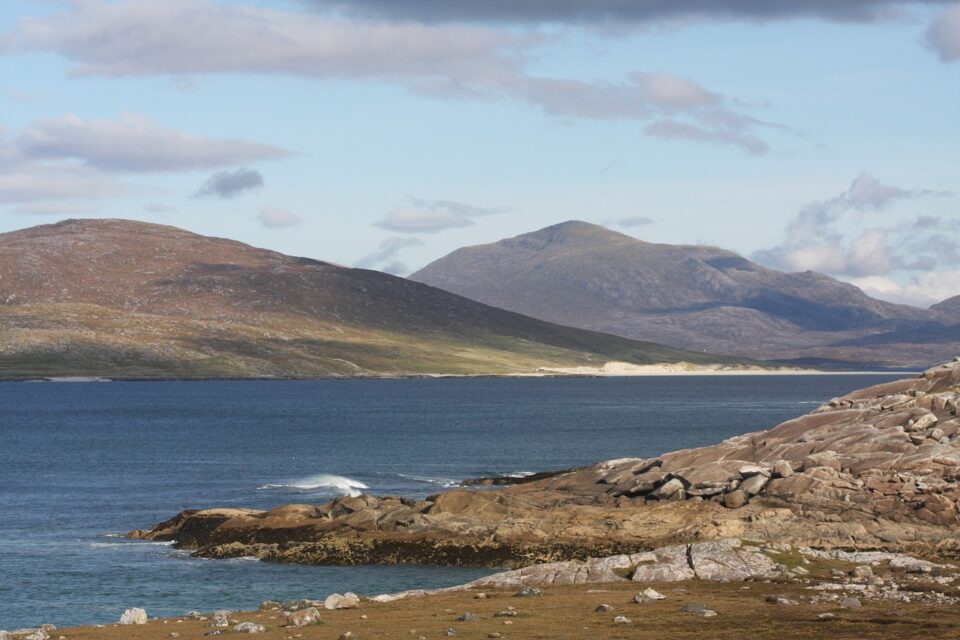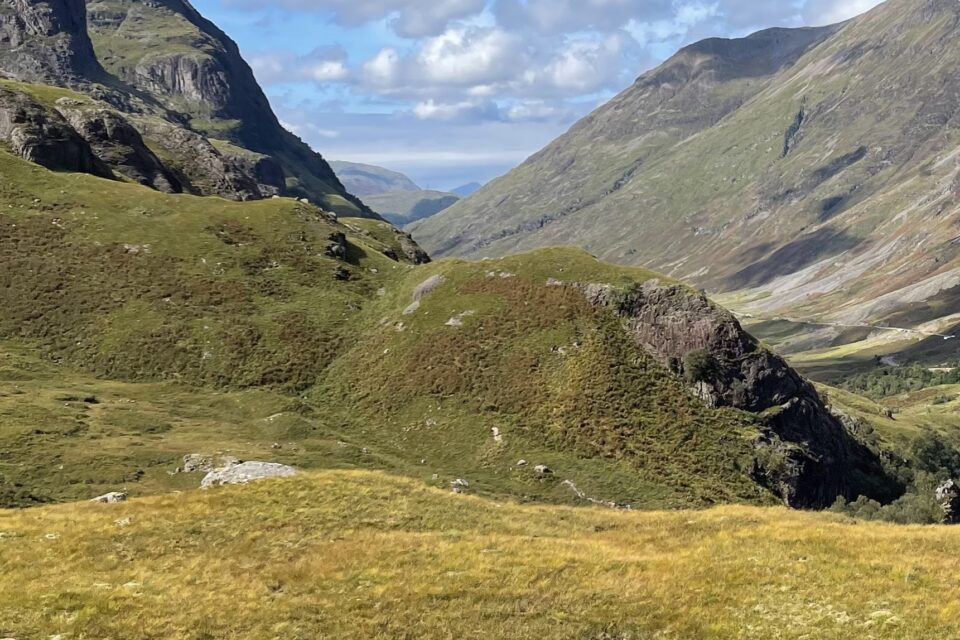MAY 5, 2024: In 10 days, we leave for a 2-month trip to Scotland. Our flight is from Tel Aviv to London, where we will rent a car and start the drive north. On the way to Edinburgh, we want to visit Jewish Heritage sites in York and Leeds.
On Monday, May 20 we return the car and pickup our motorhome in Edinburgh. Once in the motorhome, we start driving north, towards the Scottish Highlands, where we will spend the next seven weeks.
Why Scotland?
When our 2020 trip in Australia was cut short because of the corona pandemic, we received credit towards the unused portion of our motorhome rental. The Just Go motorhome rental company we used has offices in Australia, New Zealand, and the UK. We decided to use the credit in the UK.
Why for so long?
Although we had cut our trip in Australia short by five months, motorhome rental prices have risen, so that the credit is now good for only seven weeks in Scotland. Basically, we took the amount of credit we had and asked to rent a motorhome for the time it would cover.

What is the plan?
Once we pick up the motorhome, we will be driving about 2-3 hours each day, stopping to do short hikes and see sights along the way. It will be much more of a being out in nature trip than a research for Wandering Jew vacation. Today, most of the Jews in Scotland live in Glasgow and Edinburgh, and we will not be visiting these two cities. There are two much smaller Jewish communities in Dundee and Aberdeen, on the east coast of Scotland, that we will visit in the first days with our motorhome. From then on, no Jewish Heritage, only beautiful scenery,
We learned from our recent motorhome trip in the Southwest USA that having electricity at night is important – it allows us to keep the furnace on. In summer, the temperature at night in Scotland, goes down to about 7 degrees Celsius (44 Fahrenheit), so heating would be nice.
Wild camping is allowed in Scotland. That means that you can park overnight in any spot that does not say you cannot park overnight. However, with wild camping there are no electric hook-ups and therefore no heat. Instead, I have reserved campground pitches with hook-ups for each night along our route. The downside of this is it keeps us on a set schedule. On the other hand, we know we have a place to stay, we do not need to make any effort finding a spot for the evening and we will be warm.
We also learned from our previous motorhome trip, that planning an itinerary is difficult without a good internet connection. Therefore, plan ahead. In Scotland, when most of the time we are literally in the middle of nowhere, we cannot count on having good internet. In fact, I don’t think we can even count on having good cell phone reception everywhere.
What hikes to do during the day, which sites to stop and see and where to stay needs to be organized ahead of time. This required lots of research. I watched dozens of YouTube videos and read countless blogs of travelers who visited the same area. The result of all this research is a 283 page Word file that has our plan for each day. The document has maps of where to drive to, trail information including hiking maps, opening times for sites to visit, ferry tickets, campground reservations, and more.

As far as navigation, we bought an app called Copilot. This is like Google Maps and also works offline. The big difference is that in Copilot we can put in the height and width of our motorhome, and it will avoid taking us on roads that we will not fit into. This could be important as we drive through some of the smaller towns. Some campgrounds that we will be staying at, give directions on their websites how to reach them, specifically mentioning not to use Google Maps because it will take you through roads not appropriate for large vehicles. With Copilot we hope to avoid this problem.
While many of the campgrounds promise WiFi, we learned from our last trip, that the WiFi, although promised, was often not available. If available, many times the WiFi was so slow, it was not usable. To avoid this, we are taking a large data plan on our phones. One advantage to this over taking a local phone, is that it will have roaming to find a mobile provider. If we took a local phone from a specific company, we would only have coverage with that company, while roaming gives us more options. We hope that when we have phone reception, we will be able to hotspot our computers. The question remains, how reliable will the phone coverage be? We know it won’t be 100%, but hope to have some reception most of the time.
Scotland is known for its variable weather. In one day, you can experience both very hot, very cold and very wet. Rain is frequent and with rain comes mud and bogs. To prepare, we are bringing a lot of rain gear – waterproof hiking boots, rain jackets, rain ponchos, waterproof backpack covers, leg gaiters etc.
When it is not raining, in summer, the midges come out. Midges are very small flies that bite like mosquitos. Many claim they are worse than mosquitos. There is a midge hotspot map on the internet that is updated according to the weather, showing where and how bad the midge infestation is. We are bringing nets to wear over our heads for when the midges are out.
For the motorhome, as we usually do, we travel with a full kitchen – our own kosher pots, pans, dishes, silverware, etc. In addition, over the years, we have learned what else is good to bring along – like hanging shelves to put inside clothes closets, rope to string across the motorhome to dry clothes on, clips to hold duvet covers, etc.
Depending on where we are travelling to, we sometimes also bring along food. This ranges from kosher wine for Shabbat kiddush, baked goods and more. In the UK, I see online that in the supermarket chain Tesco, there is a large range of kosher food – so we plan to buy all we need there.
Lately, my drink of choice is alcohol-free beer. I was wondering if that will be available in the UK. Turns out there is a larger selection of 0% alcohol beer at Tesco, then in most stores here at home. There are even some local breweries in the UK that make nothing but alcohol-free beer.
While most of the time we will be on the Scottish mainland, we will be visiting several islands as well – the Mainland of the Orkney islands, Lewis and Harris in the Outer Hebrides, Skye and the Isle of Mull in the Inner Hebrides. I booked 6 ferry rides along the way (motorhomes on ferries must be reserved in advance – especially true in the summer) and 32 different campsites (we sometimes stay at the same place for more than one night). We have 13 castles, 9 beaches, 11 waterfalls, 12 lighthouses, countless lochs to visit and 39 hiking trails to complete.



So with only 10 days before we leave, we have much to do to finish preparing. Hopefully all will go as planned.

Sounds amazing! Have a great trip!
Good luck, we will be waiting for updates